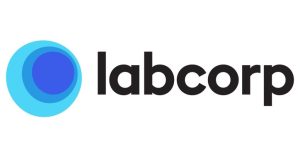Challenges and opportunities for bioanalytical support of new drug modalities
New drug modalities are stretching the limits of current pharmocokinetic and immunogenic assessments.
New drug modalities continue to accelerate beyond therapeutic proteins and into cellular and molecular medicines, resulting in the introduction of new bioanalytical methods to support their advancement. Flow cytometry, polymerase chain reaction, ELISpot, neutralizing antibodies for AAV and other viral vectors, and the promise for precision medicine/cures for some of the most challenging diseases have resulted in the introduction of a variety of technologies to stretch the boundaries of current pharmacokinetic and immunogenicity assessments.
What will you learn?
- How new drug modalities are changing the bioanalytical landscape
- Technologies to help address new drug modalities for bioanalytical pharmacokinetic and immunogenicity assessments
Who this may interest?
- Pharma and agile biotech clients who work with newer drug modality therapeutics
- Bioanalytical scientists performing PK/PD assessments of newer drug modalities
- Labcorp drug development competitors
- Instrument companies
Speaker
 Dr Daniel Sikkema
Dr Daniel Sikkema
Executive Director, Global Immunochemistry Bioanalytical Service
Labcorp (MI, USA)
In association with
This webinar was recorded on 20 March, 2024

